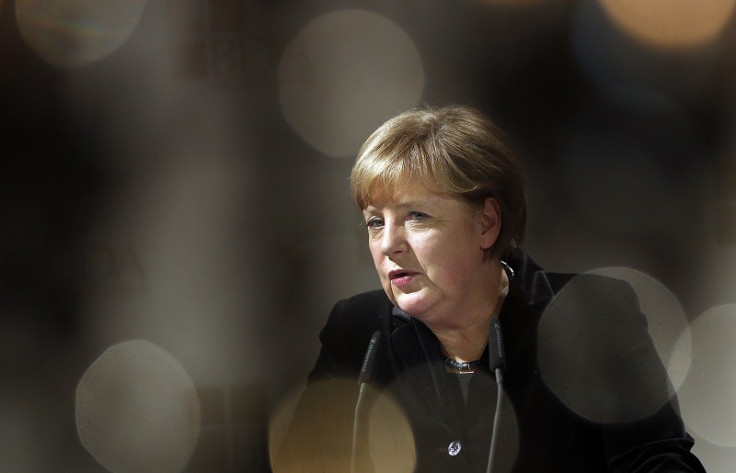David Cameron's EU Humiliation: 'The Die is Cast' over Juncker's EC President Appointment

David Cameron appears to be heading for a humiliating and potentially damaging defeat in his campaign to stop Euro federalist Jean-Claude Juncker being appointed the new EU commission president.
It is being claimed that the key player, Germany's Angela Merkel, has decided the issue must definitely be settled at the EU summit at the end of this month and, according to the Daily Telegraph, a confidential report has said that "the die is cast" in favour of Juncker.
One source is reported to have told the Daily Telegraph: "She fears a nasty and toxic Britain versus Germany row the longer the debate goes on.
"This means Merkel now wants to move very promptly to appointing Juncker at the latest at the European council at the end of the month. She has told Cameron this."
According to the newspaper, a confidential report from a senior diplomat stated: "As matters stand now, (European Council president) Van Rompuy sees no alternative to the appointment of Juncker. Short of a complete U-turn by the Chancellor, the die is cast in Berlin."
At the same time, it is reported that one of Cameron's allies, Dutch prime minister Mark Rutte, is resigned to the appointment, declaring: "I can imagine Juncker will get it, though we're not there yet."
The warnings come after the mini-summit last week in which Cameron warned against a "stitch up" to appoint Juncker and suggested it could intensify demands for Britain to pull out of the EU in an in-out referendum.
It has been suggested that if Cameron fails to get his way, he will come under intense pressure from his own Eurosceptic MPs to bring forward the promised referendum.
The prime minister set out his case in an article in a number of European newspapers, pointing out all three major UK parties are opposed to Juncker. And British diplomats repeated his warning at meetings during the summit.
But, in the final press conference, Merkel voiced her irritation at the prime minister's public campaigning and warned him against making threats.
Many in Westminster remain puzzled at Cameron's strategy which saw him declaring his opposition to Juncker early in the negotiations and, as a result, raising the stakes and making it more difficult for Merkel to compromise.
If he fails, his backbench opponents are likely to turn on him with demands for an immediate in-out referendum and further battles with Brussels.
If he gets his way it will represent a major victory and, he will hope, help silence his Tory Eurosceptic and Ukip critics at home. However there is a danger it could leave a legacy of bitterness amongst other EU states making future negotiations over Britain's membership more difficult.
© Copyright IBTimes 2025. All rights reserved.






















